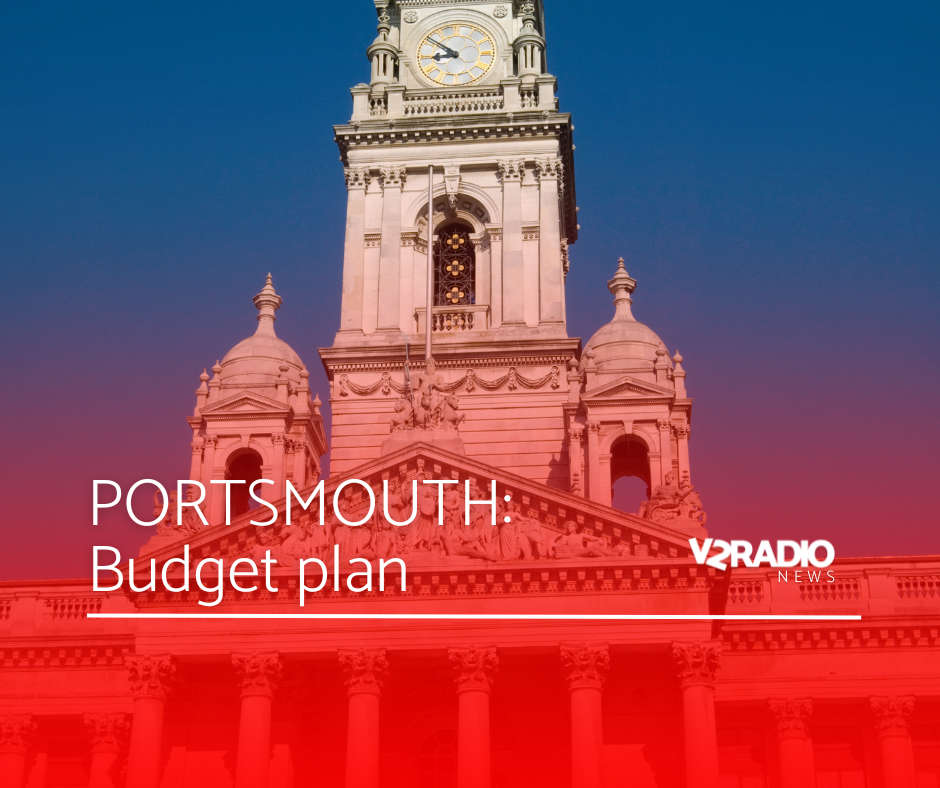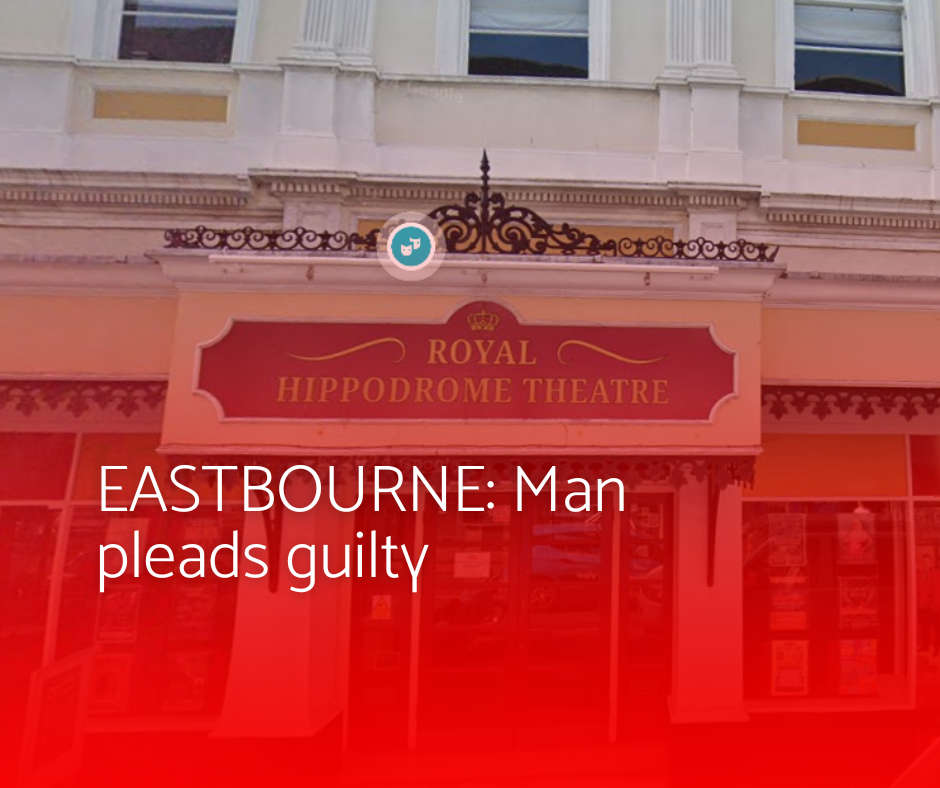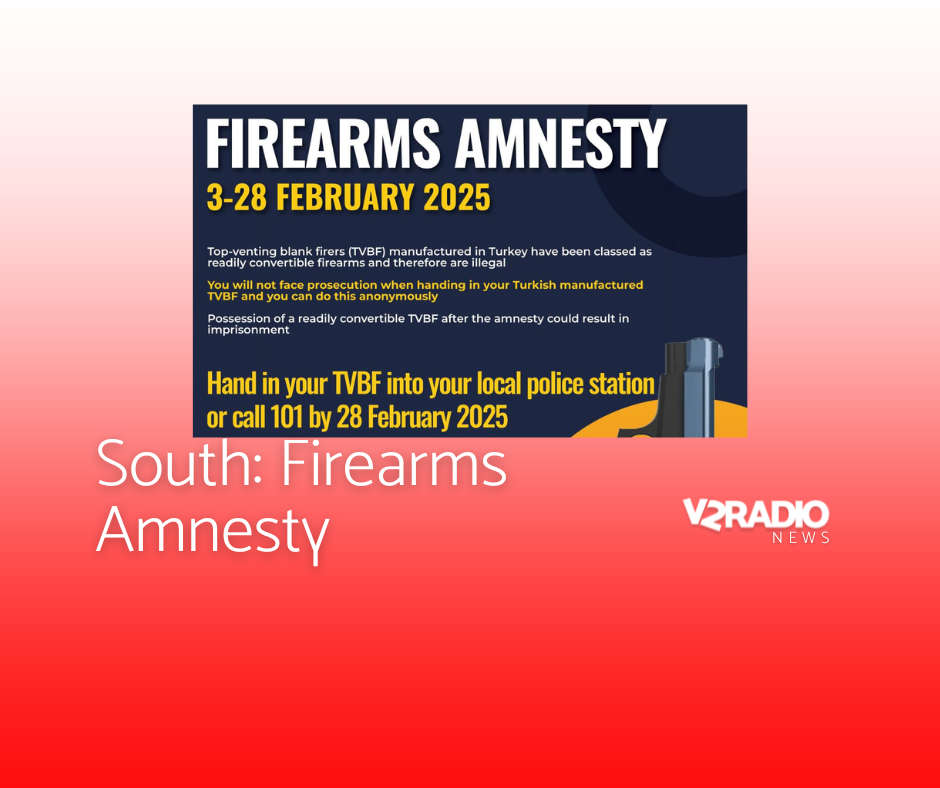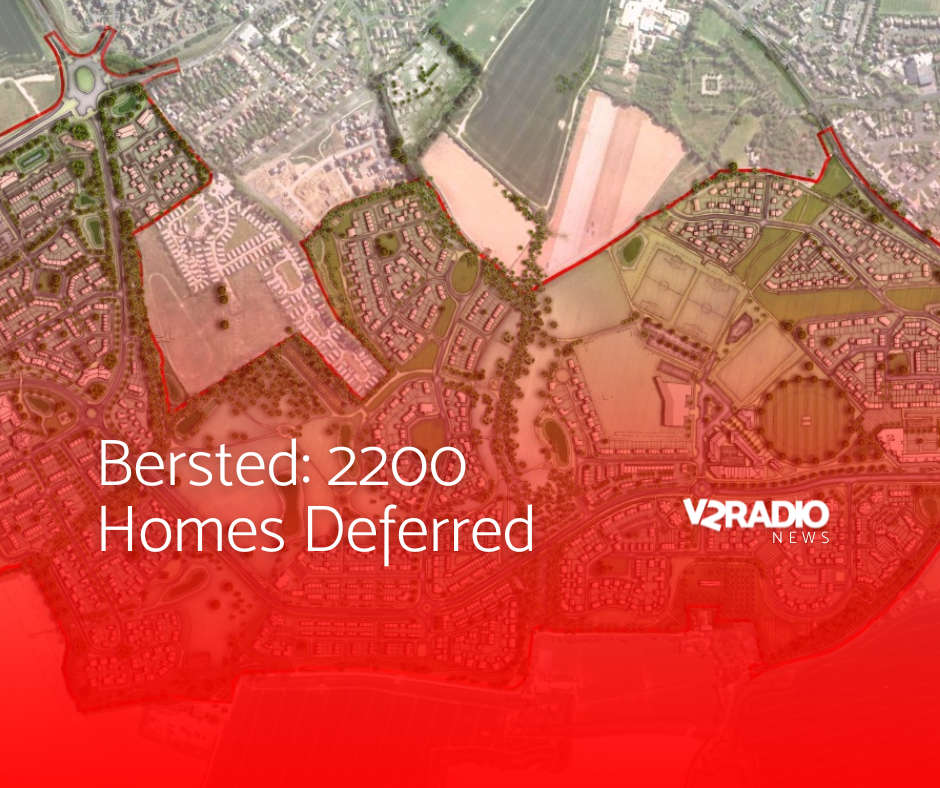
Portsmouth City Council has announced its budget proposals, which include a maximum council tax increase and a £31m investment in temporary housing for homeless residents.
Portsmouth City Council has announced its budget proposals, which include a maximum council tax increase and a £31m investment in temporary housing for homeless residents.
Like councils across the country, Portsmouth is facing financial challenges, particularly rising costs in social care and temporary accommodation. Over the past year, the number of households in temporary accommodation has risen by 54 per cent, while costs have surged by 84 per cent.
To tackle this, the council plans to invest £31m in purchasing properties for temporary housing, reducing reliance on expensive private rentals. This move is expected to ease financial pressure this year and improve the council’s budget position over the next two years.
Council Leader Cllr Steve Pitt said the budget addresses financial pressures “without reducing the services that people rely on”.
“However, there are funding problems nationally with social care and temporary accommodation that need to be solved,” he said. “As insufficient government support is coming forward, we want to take the proactive steps we can to address these issues and provide better solutions for our residents.
“The revenue budget savings need to come from £191m of council spending and will take the council’s total savings made in the last 14 years to £110m.
“Last year, it was forecast we would need to save £1m in this budget, but spending pressures doubled that. We need to stop this from happening in future years. By investing in our own temporary accommodation stock, we can save the council tens of millions of pounds in the next decade.”
The proposals also include a maximum 4.99 per cent council tax increase, with two per cent specifically allocated for adult social care. This would raise £5.1m for the council and increase the average Band B home’s tax bill by £1.29 per week — nearly £70 annually.
Cllr Pitt said the decision was not taken lightly, adding that the “only alternative” to raising tax would be cutting services, which “would hurt our residents even more.”
If approved, the council will balance its 2025/26 budget using one-off funds, but a £4.4m deficit remains. By 2028/29, the deficit is projected to reach £9m, increasing the annual savings requirement to £3m.

 VIDEO: Police in Hampshire carry out rural community day in north of county
VIDEO: Police in Hampshire carry out rural community day in north of county
 Free community events to help Chichester District residents develop work-based skills
Free community events to help Chichester District residents develop work-based skills
 Anti-social behaviour a blight on businesses in Barnham
Anti-social behaviour a blight on businesses in Barnham
 Man pleads guilty to Eastbourne theatre burglary
Man pleads guilty to Eastbourne theatre burglary
 West Sussex schools honoured at the Houses of Parliament
West Sussex schools honoured at the Houses of Parliament
 Brighton drug dealer sentenced
Brighton drug dealer sentenced
 Police in Chichester investigate an unexplained death
Police in Chichester investigate an unexplained death
 LGBTQ+ voices take centre stage in new Chichester exhibition
LGBTQ+ voices take centre stage in new Chichester exhibition
 National firearms amnesty launched ahead of new law change
National firearms amnesty launched ahead of new law change
 2200 homes deferred in Bersted
2200 homes deferred in Bersted






